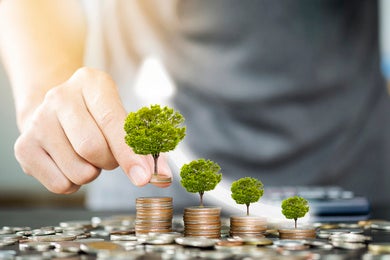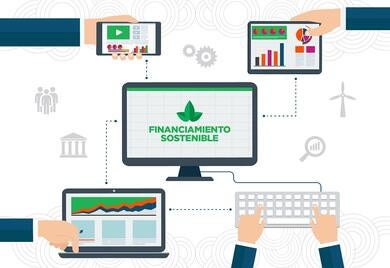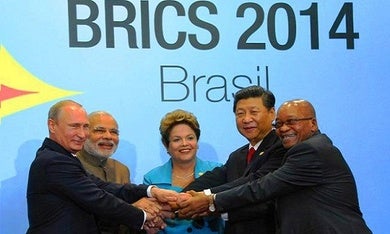
A Sustainable Opportunity for Paraguay
Paraguay has a unique opportunity to position itself in the global market and seek its first thematic bond. With the upcoming UN Climate Change Conference, COP28, just around the corner, the time has come to make this a reality.*

Four insights for banks willing to seize sustainable finance opportunities
Attitudes towards environmental, social and governance factors are changing across the investment and lending community in Latin America and the Caribbean. Financial impacts associated with extreme weather events, growing regulatory and industry pressures on climate-related risk disclosure, and enhanced availability of data, are key aspects influencing companies’ views of environmental, climate, social and governance (ESG) factors. As a result, the role of ESG analysis is shifting from an ancillary function to an integral part of fundamental analysis and new business propositions. IDB Invest’s annual Sustainability Week (Lima, Peru – May 7-9, 2018) took a pulse on this shift, exploring wider sectoral trends within agribusiness, infrastructure, and banking sectors. For the financial community, in particular, there were four key messages from Sustainability Week:

Is Investment in Palm Oil Certification Worth It?
Palm oil has a terrible reputation. Especially among environmental and social advocates, palm oil is viewed as the crop responsible for a large-scale deforestation, particularly in Southeast Asia. Deforestation of carbon-rich forests leads to greenhouse gas emissions; between 2001 and 2010, palm oil-driven land-use change resulted in an average of 216-268 million tons of CO2 equivalent per year in Indonesia alone. For some perspective, that’s equivalent to the emissions from driving more than 45 million cars over the course of a year! Evidence also suggests labor rights violations, including child labor, at many plantations.

World looks to BRICS for sustainable business solutions
Multilaterals can provide sustainable business solutions – the recent BRICS summit highlighted how. Two weeks ago, the leaders of the five BRICS emerging nations –– Brazil, Russia, India, China and South Africa–– met in Fortaleza, Brazil for the 6th BRICS Summit. A $100 million development bank and a currency reserve pool were launched among the nations, a long-waited initiative since talks first began five years ago. This is no small feat. The five nations together account for half of the global population and 20 percent of the world’s GDP. Moreover, in the last ten years the economic outputs of these emerging nations have quadrupled . Although economic growth often translates into better living standards and opportunities for citizens, it is often coupled with key economic, social and environmental challenges –– especially in rapidly growing emerging economies.